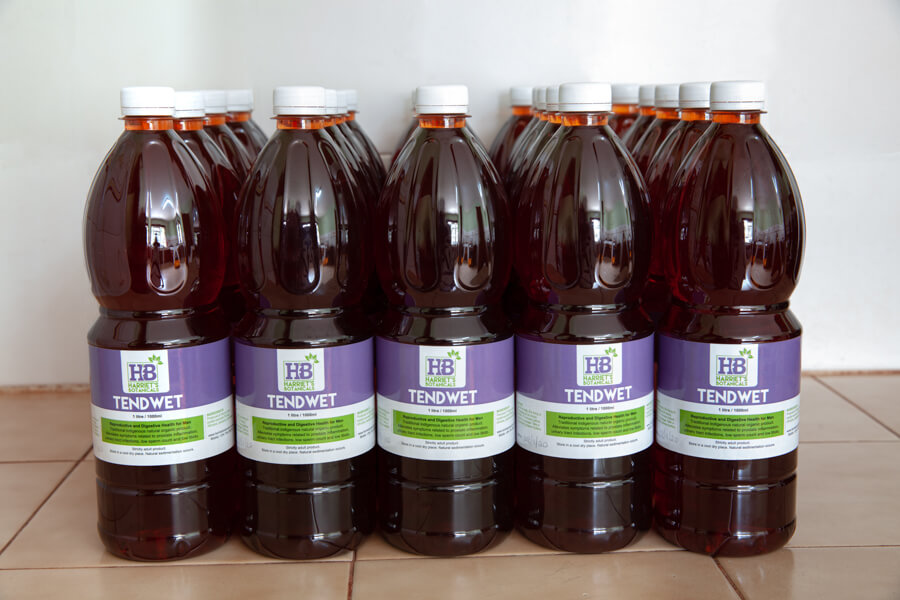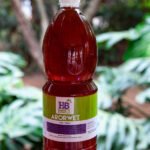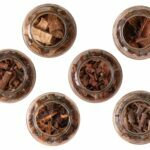While the spectre of overexploitation and threats to biodiversity and endangered animal species like rhinos for medicinal purposes are real, it is our conviction that it is precisely the value of traditional medicine to indigenous populations, rather than its commercial value elsewhere that will eventually provide the key to the long-term conservation of traditional medicine resources and feedstock.
In the context of Kenya, in which the demand for animal products for traditional medications is not as high as in the Asia, for example, conservation and the sustainable exploitation of traditional botanical feedstock is largely restricted to plant material available in national and community forests inhabited by indigenous peoples.
Recent studies by IUCN indicate that medical plant material is presently been harvested worldwide at rates hundreds of times time higher than natural regeneration would make up for, placing over 15, 000 species of medicinal plants under the threat of extinction. In Kenya, this ethnobotanical resource is found in the wild, in areas gazetted as forests by government agencies.
In this regard, national goals have largely been restricted to forest conservation as a blanket resource that needs to be insulated from the public. However, a more holistic approach that incorporates the dynamic value of the human element in the sustainable exploitation of botanical resources and the preservation of the entire tradition, practice and culture of traditional medicine as a national resource is necessary to preserve and grow the public health benefit currently enjoyed by over 70% of Kenyans.
Because the practice of traditional medicine is largely propagated through traditional practitioners with undocumented knowledge, blanket conservation measures that disconnect indigenous populations from the natural habitats carry the potential to disrupt the entire practice of traditional medicine into future generations, with serious ramifications to the health of the millions who presently rely almost entirely on traditional medicine.
Empowering host communities through sensitization, cultural archiving and profit sharing may indeed be the most effective long-term approach to securing sustainability and avoiding further over-exploitation by parties driven by non-community interests.
Community engagement and advocacy
Consequently, policy linkages between forest conversation agencies and the departments of health and culture structured to secure the sustainability of the tradition and practice of traditional medicine must include both the conservation of the botanical resources and the preservation of the human element that propagates the tradition and practice, without which the same would be lost to future generations.
As we seek to find better ways to secure and conserve our forests, we will need to be even more innovative in the search of a regulatory regime that will not deny millions of Kenyans the health and economic benefits of traditional medicines as already enjoyed by millions of Kenyans.
Community engagement and advocacy programs that integrate traditional knowledge and community participation into conservation programs are therefore more likely to deliver the desired impacts.
Most importantly, broader programs involving education and commercial incentivisation will be necessary as a means of growing the number of young people joining the practice of traditional medicine in indigenous communities across the country.











